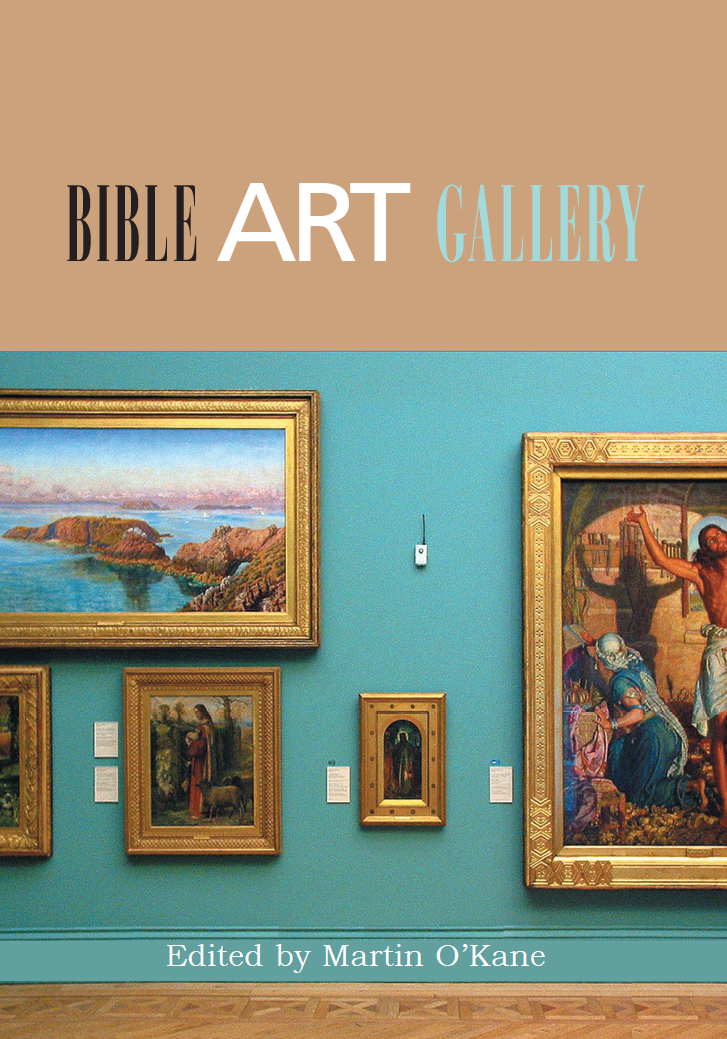Bible, Art, Gallery
£50.00
Over two years, assisted by funding from the British Academy, conferences were held at the Barber Institute of Fine Arts, University of Birmingham, and at the Manchester Art Gallery, highlighting some of the significant biblical paintings held in the collections of both galleries.
While Old Masters’ paintings of biblical scenes held by major galleries in many countries are visited and seen by thousands, gems of biblical art in smaller, provincial galleries seldom get the recognition and attention they deserve. Over two years, assisted by funding from the British Academy, conferences were held at the Barber Institute of Fine Arts, University of Birmingham, and at the Manchester Art Gallery, highlighting some of the significant biblical paintings held in the collections of both galleries. The papers presented at these conferences, drawn from the worlds of biblical studies, art history, philosophy, sociology and music, and collected in this volume, reflect the interdisciplinary goals of the project. These essays serve not only to showcase biblical paintings by lesser known artists but also to illustrate the wide range of perspectives and insights brought by the different academic disciplines.
Additional information
| table of contents | Martin O’Kane, Introduction Background to the British Academy Bible and Art project (2006–2007). 1 Nicholas Davey, The Bible and Visual Exegesis With some Barber Institute paintings as examples, explores how viewing a biblical painting parallels the way we read a biblical text (with reference to Gadamer’s Truth and Method). 2 John Harvey, Framing the Word: Commentary, Context, and Composition Explores the role and function of the Bible in a range of Victorian paintings, especially Hunt, The Light of the World, The Shadow of Death, and Brown, Work. 3 David Jasper, The Desert in Biblical Art The metaphor of the desert in the Bible, the Church Fathers and art, with reference to Landseer, The Desert, Gellee, Golden Calf, and Hunt, The Scapegoat. 4 J. Cheryl Exum, Notorious Biblical Women in Manchester: Spencer Stanhope's Eve and Frederick Pickersgill's Delilah Challenges received notions of texts from Genesis and Judges, with reference to Pickersgill, Samson Betrayed, and Stanhope, Eve Tempted. 5 Siobhan Dowling-Long, Musical Instruments in Biblical Art: Evaristo Baschenis’s Still Life with Musical Instruments Explores the significance of the five musical instruments and their importance in masterpieces of biblical art. 6 John F. A. Sawyer, Van Dyck’s Ecce homo in the Barber Institute Starting with van Dyck’s representation, Sawyer explores the iconographic tradition behind this image with particular emphasis on the intended reaction of the viewer. 7 Keith Tester, Poussin, a Poem and a Sacred Story Argues that Poussin’s Tancred and Erminia should be understood as a midrash on an archetypal biblical narrative, that of Mary Magdalene. 8 Martin O’Kane, Imaging the Bible Translator: Bellini’s Jerome in the Wilderness Artistic conventions associated with the depiction of Bible translators from Jerome to the Reformation and the reasons for the popularity of such portraiture. |
|---|



Diane Apostolos-Cappadona, Journal of the Bible and its Reception –
Larger than the earlier readings of biblical art as simply illustration, Bible, Art, Gallery provides a venue for varied approaches to the visual reception of the Bible. While espousing a deference to Gadamer’s hermenutical aesthetics, the interpretative methodologies employed by the contributors to this collection coordinated with or expanded upon the earlier established modalities of Panofsky’s iconology, Mâle’s mutual illumination of the arts, Freedberg’s response theory, Kristeva’s feminism, and Berdini’s visual exegesis.
Bryan J. Cook, Review of Biblical Literature. –
Reading this work was an enriching and enjoyable experience. As one who has an interest in art, especially art of the American Southwest, but even more so in biblical literature, I found this study of biblical art from select galleries to be most delightful.
The goal of this work is to illustrate an interdisciplinary approach to biblical art that communicates or emphasizes different aspects of the biblical text (xix). This goal is achieved by explaining the philosophical approach and providing evidence. Bible, Art, Gallery is an valuable academic and practical tool, an instructive contribution for biblical scholarship, artistic study, and philosophical and theological studies as well.